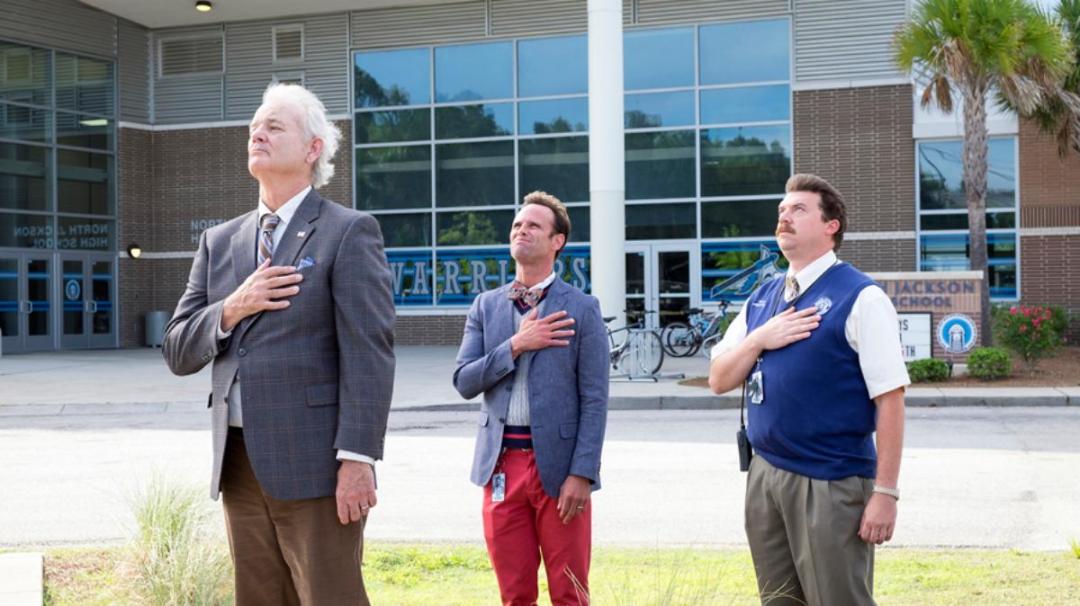We can’t really claim these are what we think should have been nominated at the Emmys, or should win, since there’s an impossible amount of television to watch in the world. But if we were the only two members of the Television Academy and we could nominate any TV that aired in the most recent television season (from June 2017 to May 2018), and we only cared about the seven major awards in drama and comedy, this is what you’d get.
We didn’t distinguish between limited series and other drama series, since supposed miniseries get second seasons if they’re popular enough (see: Big Little Lies), and regular drama series get rebranded as miniseries when they get prematurely cancelled (see: Dig), while modern anthologies are just regular series that replace narrative continuity with thematic continuity (and some don’t even shed their narrative continuity completely, e.g. American Horror Story, Fargo, Black Mirror). Each of us filled out our personal nominees and then selected the winner by consensus, so the winners only came from shows we’d both nominated, but we’ve each picked a personal runner-up regardless of whether the other has seen or nominated it. We also each gave a Special Achievement Award for something not covered in the major categories – Dean gave the award for Drama, and Ciara gave the award for Comedy.
You can see each of our full slates of nominees at the bottom of the post.


